![]()
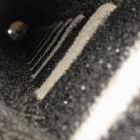
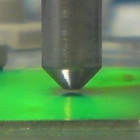
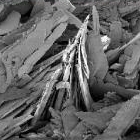
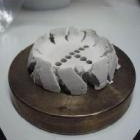
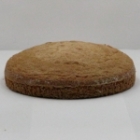
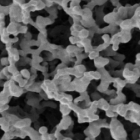
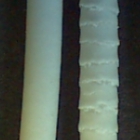
Welcome to the Powder and Paste Processing Group!
Please note that the Powder and Paste Processing Group merged with the Polymer Fluids Group in January 2013 to form the Paste, Particle and Polymer Processing Group (P4G)
This is the old P3G website and is maintained here as an archive of the work of the 'Paste Group'
Our interests lie in applied heat transfer (particularly fouling and cleaning) and developing the understanding of soft-solid materials (particularly particulate based ones), products and processes. The materials we work with are found in a wide range of applications, from micro-crystalline cellulose used in pharmaceuticals, chocolate, and titanium dioxide for paints
The group leader is Dr. Ian Wilson, in collaboration with Drs. Sarah Rough and David Scott, with input from emeriti John Davidson and Bill Paterson. The group is part of the Materials Processing Cluster within Chemical Engineering and there is considerable collaboration with Drs. Alex Routh, Geoff Moggridge, Mike Johns and the Magnetic Resonance Research Centre.
The overview gives an introduction to work in the group, which lies in four areas: particles; pastes and soft solids; surfaces; and modelling. There is extensive collaboration with other groups in Cambridge and beyond, particularly the Universities of Bath, Birmingham and Milan, the Technical University of Braunschweig, and Imperial College, London.
Sponsorship and funding comes from a range of sources, including the ESPRC, Ceratizit, IHS, MSD, Premier Foods, Procter & Gamble and Unilever. This support is gratefully acknowledged: more information about sponsoring bodies is available on the Group Links page.
Recent News
- Paper published in "Chemical Engineering Science" - An analytical method for selecting the optimal nozzle external geometry for fluid dynamic gauging.
- Conference presentations at iCEF (International Congress of Engineering and Food), HEXF&C (Heat Exchanger Fouling and Cleaning) and the International Granulation Workshop.
- FBP special issue on FCFP 2010 in print.
P3G Group Menu
Fluid Dynamic Gauging Menu

